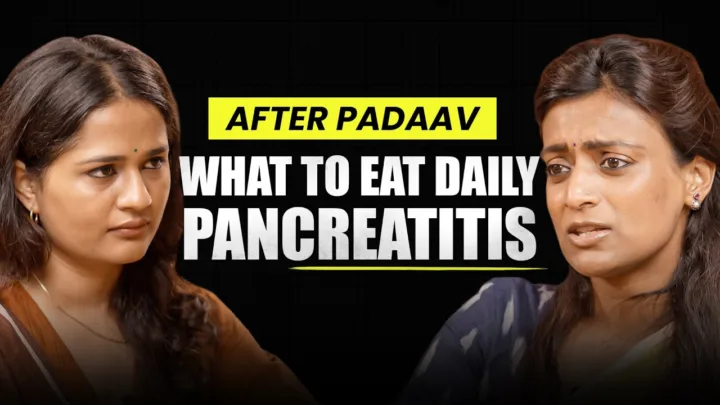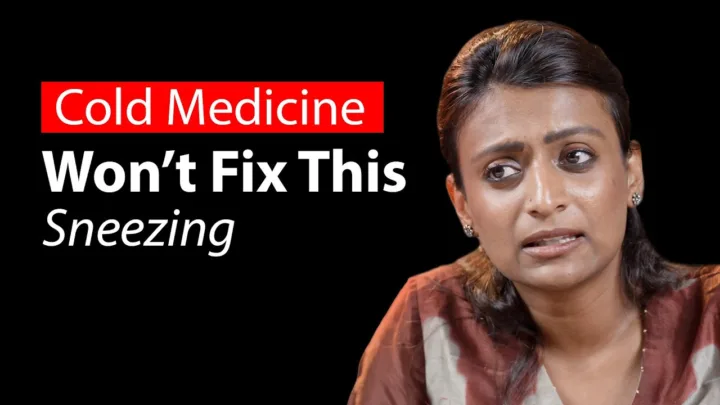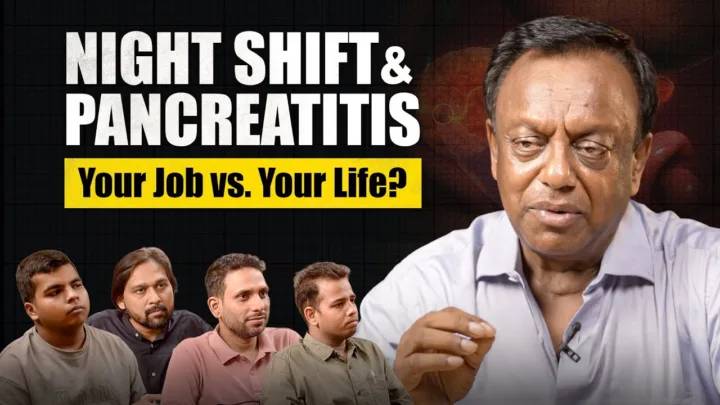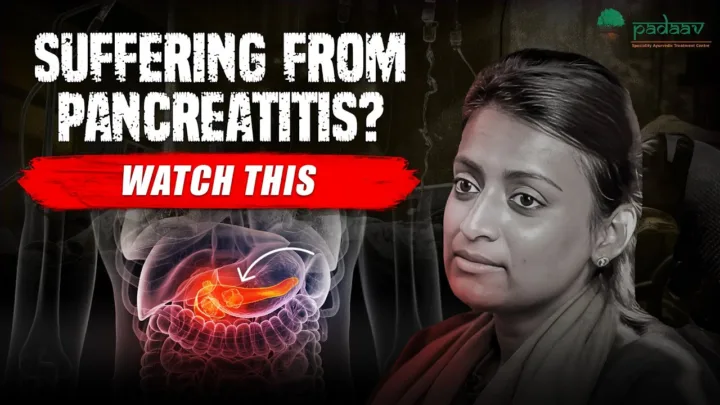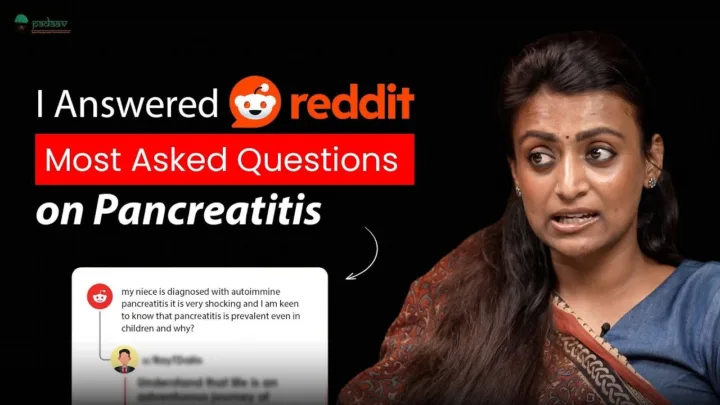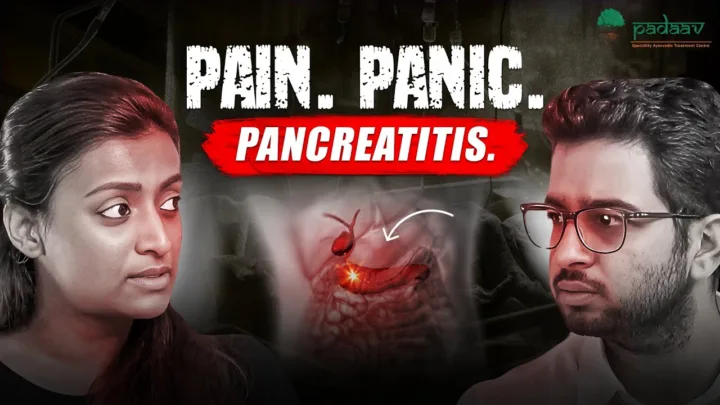In a recent dialogue at Padaav Ayurvedic Treatment Center, Vaidya Balendu Prakash highlighted a cornerstone of his medical philosophy: the vital role of the Paricharak, or caretaker. This concept, deeply rooted in the ancient science of Ayurveda, elevates the caretaker to an equal partner in the healing process, a role that is often underestimated in modern medicine.
The Four Pillars of Healing: A Holistic Foundation
Vaidya Prakash begins by explaining a fundamental Sanskrit principle: “Bhishak Dravya Anupasthata Rogi Pad Chatushayam,” which translates to “the four pillars of treatment are the physician, the medicine, the patient, and the caretaker.” He emphasized that a successful treatment requires all sixteen qualities four from each pillar to align. He poignantly shared a personal story from his youth: when his father was hospitalized, he realized the lack of basic amenities for the attendant, leading him to promise that if he ever built a hospital, he would ensure the caregiver’s well-being. This early experience cemented his belief that a healthy and well-supported caretaker is essential for the patient’s recovery.
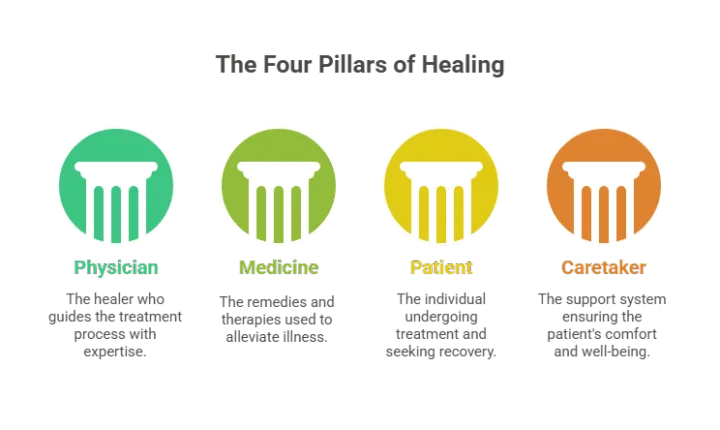
The Caretaker’s Burden: A Journey of Shared Suffering
The conversation with the wives of several patients revealed the immense emotional and social stress that comes with caring for someone with a chronic illness like pancreatitis. They shared their anxieties:
- Family Negativity: One wife spoke of feeling blamed by her family for her husband’s illness, which led to deep depression and a sense of isolation.
- The Weight of Worry: A mother of a 12-year-old girl with pancreatitis expressed her fear about her daughter’s future, questioning if she should plan for a second child or if her daughter’s own children would inherit the disease.
Vaidya Prakash validated their feelings, stating that their stress is a significant obstacle to healing. He explained the Ayurvedic saying, “Chinta Chita Sama,” meaning “worry is like a funeral pyre,” which consumes a person from within. He urged the caregivers to become a “Thanedar” (a figure of authority), who calmly executes the physician’s instructions and filters out negativity from external sources.
A Beacon of Hope: Dispelling Fears
Vaidya Prakash systematically addressed their fears, providing a powerful message of hope:
- Genetic Predisposition: He reassured the worried mother that while a genetic predisposition may exist (found in only about 5% of cases), the disease is not a certainty. He used the analogy of a seed: a good seed needs the right environment to flourish, and similarly, a disciplined lifestyle can prevent the disease from manifesting.
- The Power of Lifestyle: He emphasized that the true culprits of pancreatitis are often not alcohol (as commonly believed) but lifestyle factors like stress, late nights, and skipping meals. He advised patients to stop living in fear and focus on reclaiming control over their lives through a disciplined routine of eating, sleeping, and exercising.
- A Living Example: To prove his point, he shared a personal story of a woman from Kerala who had suffered 67 attacks and was a mere skeleton of 28 kg. After his treatment, she not only recovered but went on to have two children. He also revealed his own struggles with cancer, a heart condition, and pancreatitis, stating that he himself is a living testament to his philosophy of healing.
The Padaav Approach: Beyond Medicine
Vaidya Prakash’s clinic is not just about medicine; it’s a center for education and lifestyle change. He explains that the purpose of the 21-day residential program is to teach patients and their families the principles of a healthy lifestyle (Aahar-diet, and Vihar-routine). The goal is to make patients self-reliant so they can manage their condition after the treatment. He encourages patients to find joy and purpose in life, even if their old habits need to be modified. A young dancer may have to avoid “bouncing monkey dances” but can still pursue Bharatanatyam. A young man may have to let go of late-night work but can find new opportunities. The core message is that life is not about being a victim of illness, but about finding a new, healthier way to live.

